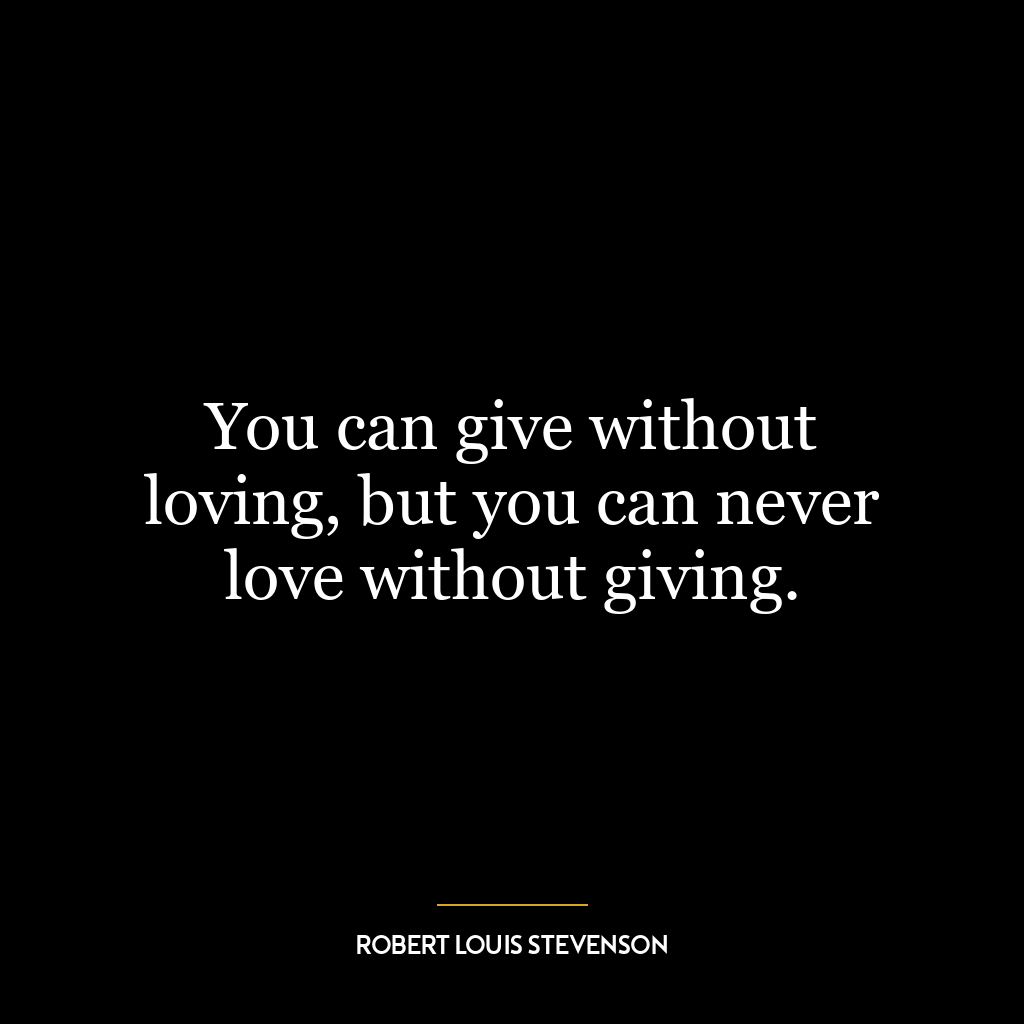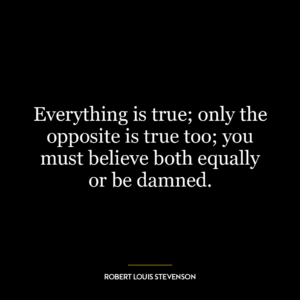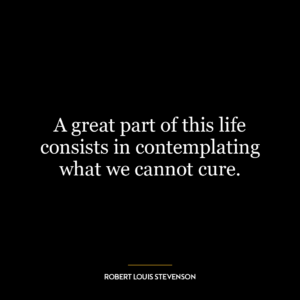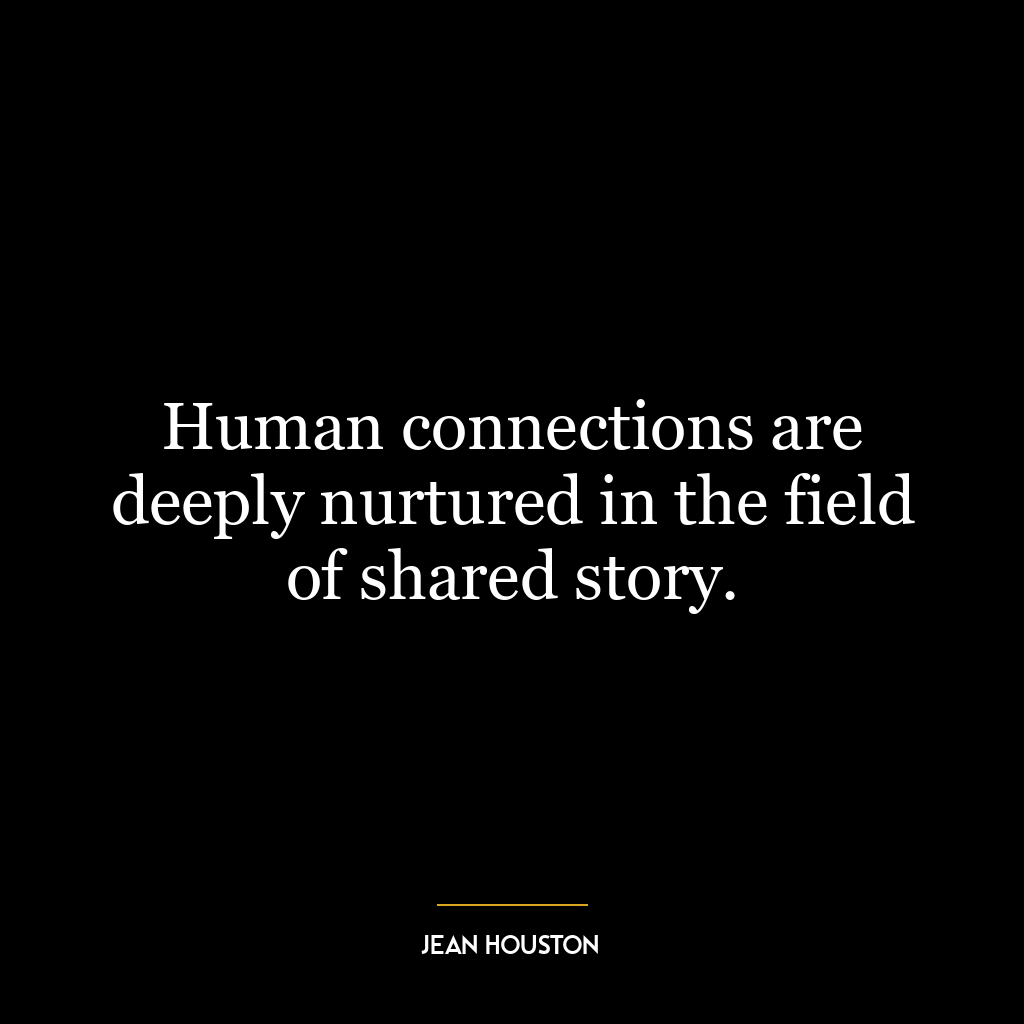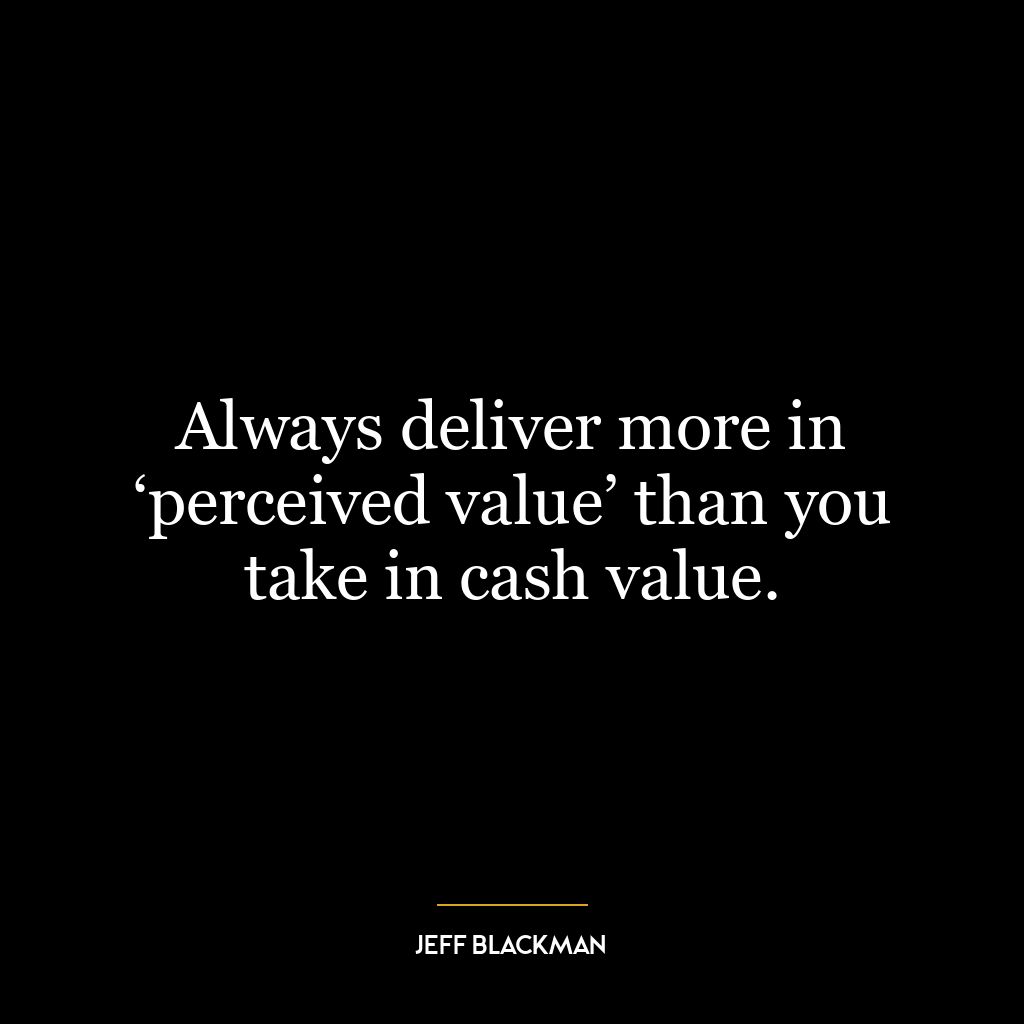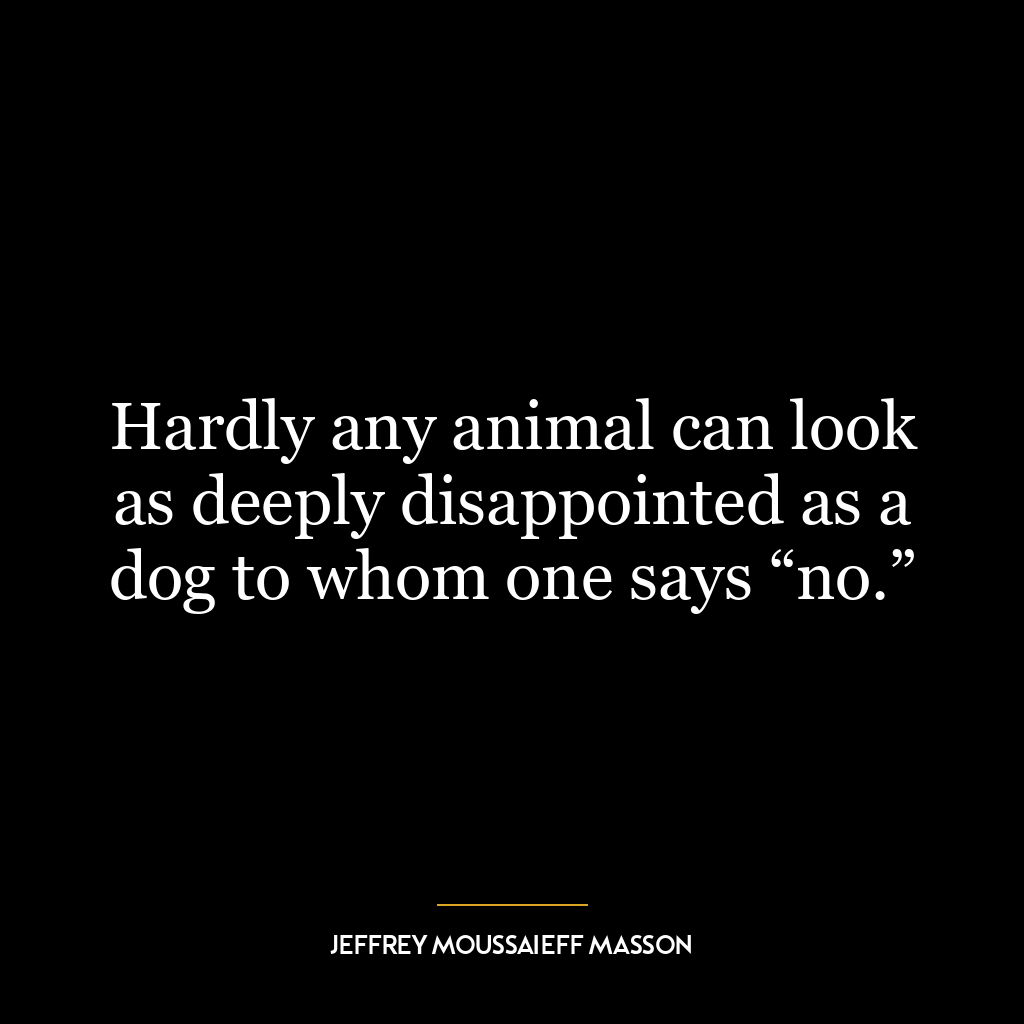You can give without loving, but you can never love without giving.
This quote emphasizes the inherent connection between love and giving. It suggests that it is possible to give without any emotional attachment or love. For instance, one might donate to charity out of obligation or for tax benefits, without any real affection for the cause. However, when you genuinely love, giving becomes a natural part of the relationship. Love, in its truest form, is selfless and generous. It compels you to give, not out of duty or expectation of return, but out of the sheer joy of making your loved one happy.
The quote also implies that giving in the context of love is not confined to material possessions. It can be time, effort, care, or even personal sacrifice. Love manifests in the willingness to give whatever we can to contribute to the happiness and well-being of the person we care about.
Applying this idea in today’s world or personal development, it encourages us to assess our relationships and actions. It prompts us to question whether our giving is out of love or obligation. It also reminds us that love should not be stingy or conditional. In a world where consumerism and self-interest often take precedence, this quote is a reminder to nurture our capacity for selfless love and generosity.
In terms of personal development, understanding this concept can help us cultivate more meaningful and fulfilling relationships. It can guide us to be more selfless in our interactions with others, understanding that true love is generous and giving by nature. This not only enriches our personal relationships but also contributes to our overall emotional growth and well-being.

